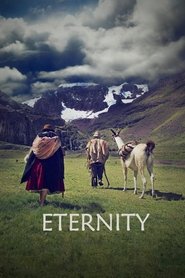kategori film bahasa aymara
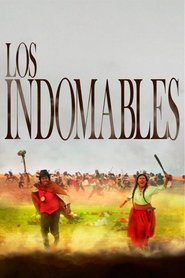
The Legend of the Last Inca 2024
In 1781, the revolutionary amaru-kataristas occupy the highlands of southern Peru. Sapa Inca, the last descendant of the Aymara Incas, and his wife Gregoria, decide to continue the indigenous insurrection against the Spanish oppressors. However, in a tumultuous time, obsession for the libertarian cause, love in times of chaos and betrayal among the brotherhood, will unleash a series of tragedies.
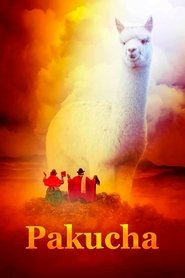
Pakucha 2021
Immersed in the world of uywa ch'uwa, a family gathers to perform the ancient ritual dedicated to the pakucha, the alpaca's soul. Set deep within the breathtaking southern Andes, Pakucha opens to us the Aymara family's celebration and hypnotically guides us through their worldview in Andean culture. The family, surrounded by animals and nature, draws us into their pathway through the universe, where the final destination is the genesis of a new life.
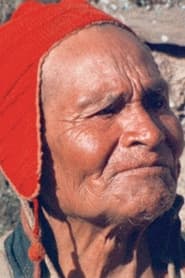
Spirit Possession of Alejandro Mamani 1974
An old Bolivian man nears the end of his life. He has property and status, but not contentment. Believing himself posessed by evil spirits, he opens his heart to reveal his anguish. His personal tragedy brings us close to every man's confrontation with the unknown, old age, and death.

Aysa 1965
A Bolivian miner belonging to the pirquiñeros (independent workers that extracts ore in dangerous places abandoned by mining companies considered depleted) struggles to get some mineral by drilling the rock only with a chisel and a hammer.
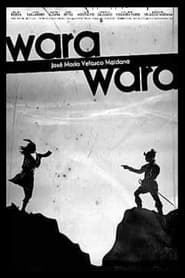
Wara Wara 1930
Set in the 16th century, a peaceful Inca community is massacred by a group of conquistadors, and the survivors including Wara Wara flee into the mountains. Later, Wara Wara is assaulted by two Spanish soldiers, and rescued by a conquistador with a noble heart. The two fall in love, but are confronted with the mutual hatred between their peoples. Sentenced to death, they escape, and live happily ever after.

